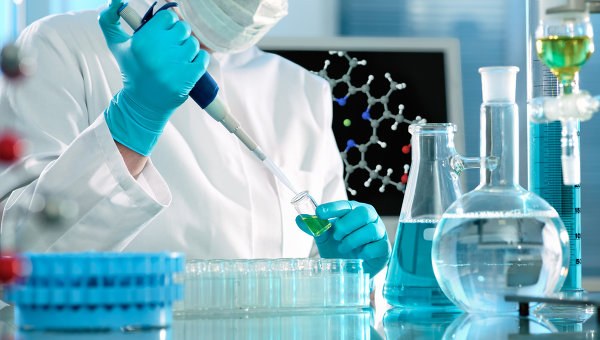You will need
- - toiletries;
- dry - clean Bank.
Instruction
1
Laboratory tests that can diagnose pancreatitis include: General clinical analysis of blood, biochemical analysis of blood, biochemical analysis of urine.
2
Clinical blood shall be in the morning on an empty stomach. A slight increase of leukocyte count, increased erythrocyte sedimentation rate indicate the presence in the body of the inflammatory process.
3
Biochemical analysis of blood seems in the morning on an empty stomach from Vienna. In the venous blood is carried out the quantitative determination of alpha-amylase, lipase, C-reactive protein.
4
Alpha-amylase – an enzyme that breaks down starch and other carbohydrates, provides the digestion of carbohydrate foods. The normal value for alpha-amylase in the blood: 10-100 U/l.
5
The increase in the number of alpha-amylase in the study of blood may indicate acute pancreatitis or exacerbation of chronic pancreatitis.
6
After 2-12 hours from the onset of acute pancreatitis the amylase activity starts to increase and reaches a maximum at the end of the day with the subsequent decrease of activity and normalization during the week.
7
Lipase is an enzyme that promotes the breakdown of fats entering the body with food. For an adult is considered normal lipase content of up to 190 U/ml.
8
After 4-8 hours from the onset of acute pancreatitis, the lipase level in blood serum increases to 200 times, reaching a peak at 24 hours and decreases in 8-14 days.
9
Simultaneous determination of lipase and amylase to diagnose pancreatic lesion with an accuracy of more than 90%.
10
C-reactive protein (CRP) – protein of acute phase of the inflammatory process. Normally, the content of CRP in the blood is less than 5 mg/L.
11
Increasing the amount of CRP in the blood occurs after 48 hours from the onset of acute pancreatitis. The study of blood C-reactive protein is important for determining prognosis of acute pancreatitis.
12
Biochemical analysis of urine in the diagnosis of pancreatitis is a quantification of diastase.
13
The normal value of the content of diastase in the urine is in the range of 16-64 Units. A significant increase in the content of diastase in urine is noted in pancreatitis.
Note
1 hour before taking blood can't smoke for prevention of obtaining reliable analyses. If necessary, the differential diagnosis of urine for diastase may be taken at any time of the day. Required newly issued urine.
Useful advice
The day before the blood from the vein, refrain from taking fatty foods, alcoholic beverages. The blood in the morning on an empty stomach, eliminating the intake of coffee, tea, juices. It is permissible to drink a glass of water. Urine biochemical test pass in the morning, after showering.

